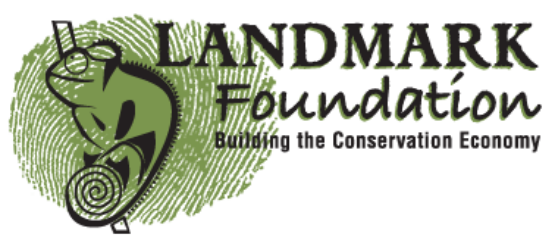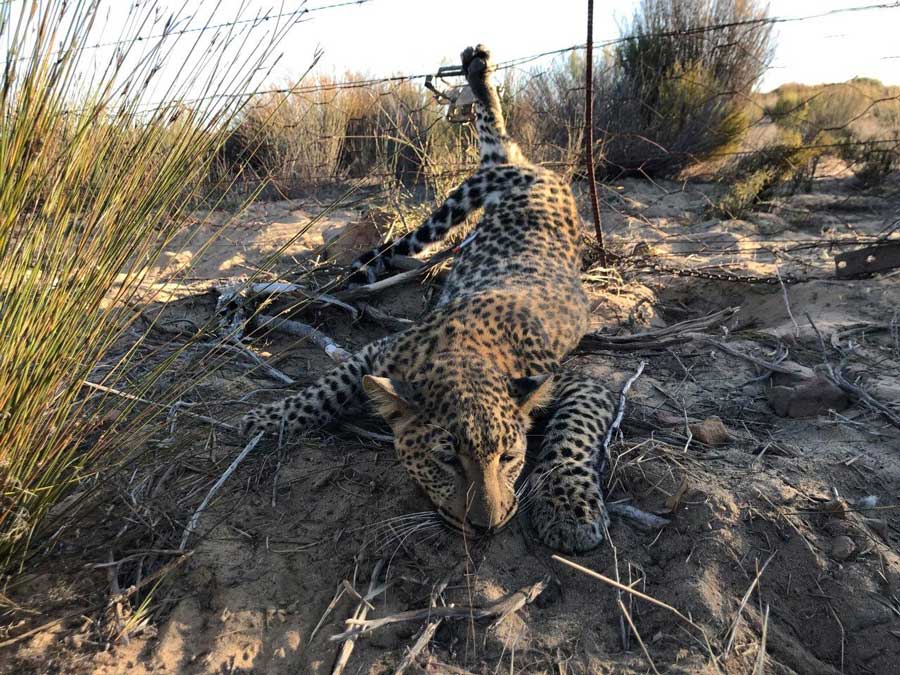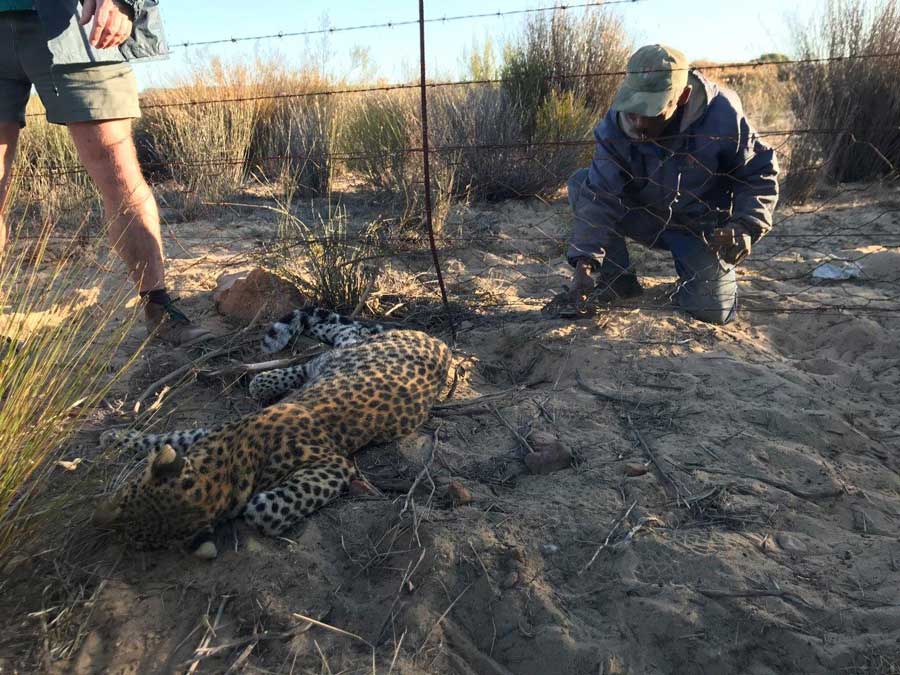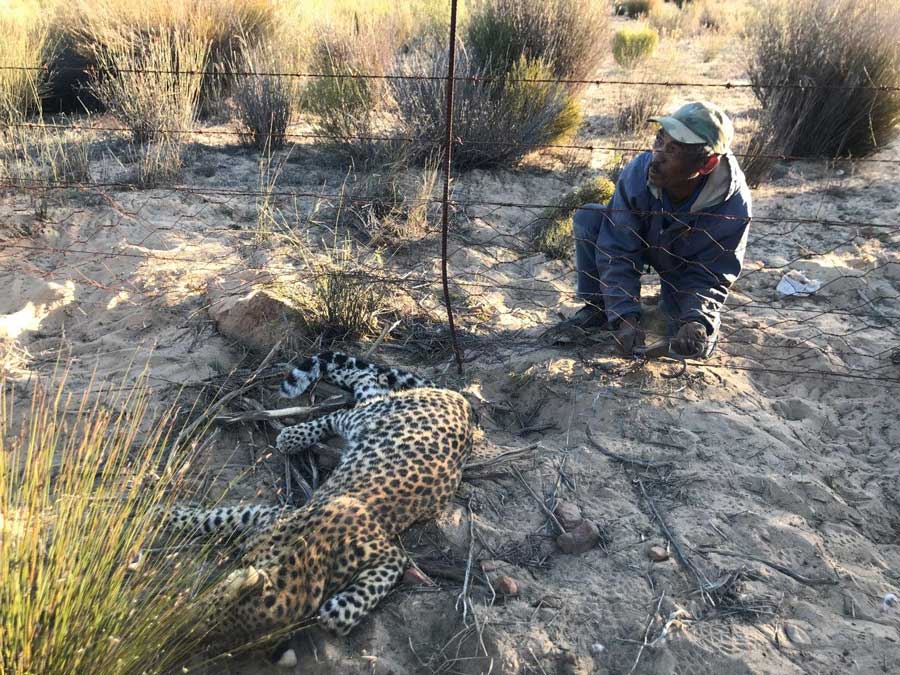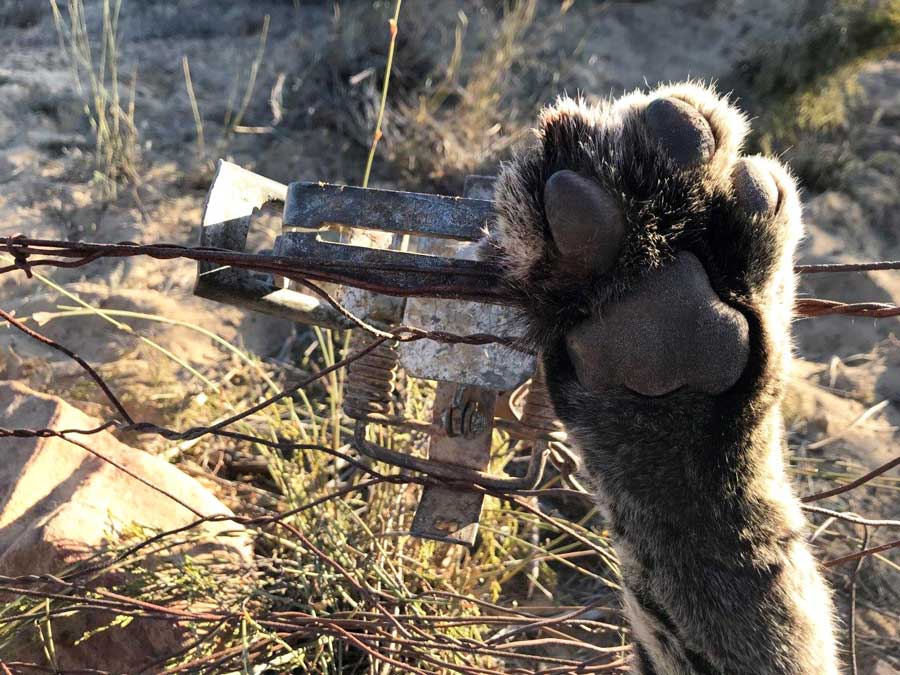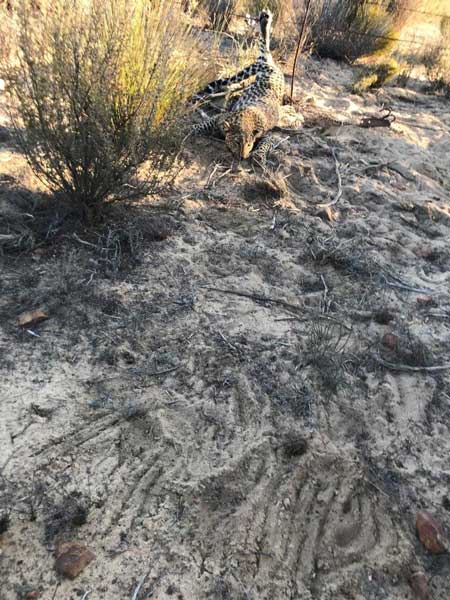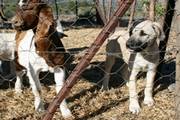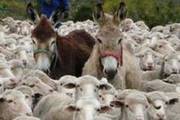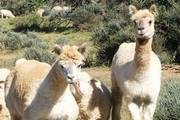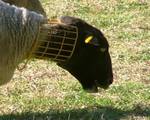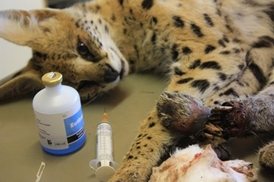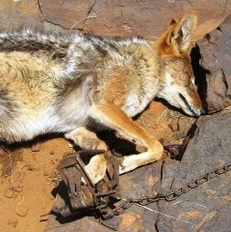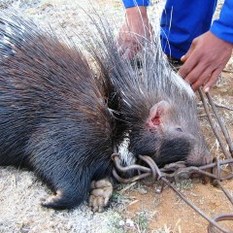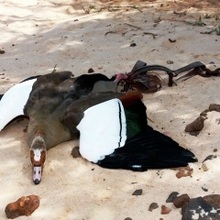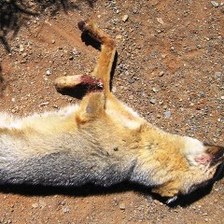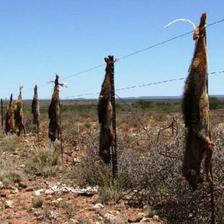HUMAN-WILDLIFE CONFLICT MITIGATION
Predator management on livestock farms
At Landmark Foundation, we advocate for non-lethal predator management methods on livestock farms, addressing the significant losses farmers experience due to various causes, including natural mortality and predation. We recognize that husbandry practices play a crucial role in determining the level of losses, and we believe the solution lies in implementing effective management strategies.
Through comparative trials, we have demonstrated the effectiveness of non-lethal methods, such as livestock guarding dogs, protective collars, and adaptive grazing management, in reducing livestock losses by up to 97%. These approaches not only mitigate financial burdens on farmers but also uphold ethical and ecological principles.
We campaign against indiscriminate lethal methods, such as gin traps, viewing them as ecologically damaging and ethically unacceptable. Advocating for legislative changes, we strive to outlaw these methods and promote humane and ecologically acceptable practices.
Furthermore, at Landmark Foundation, we raise awareness about the medical and ethical consequences of spring-loaded devices like gin traps. These traps cause severe injuries and unnecessary suffering to both target and non-target animals, highlighting the urgent need for reform in predator management practices. Download the ‘Predators on livestock farms’ manual here.
Farmers have reduced their losses by 60% – 97% using non-lethal and ethical management with efforts on livestock management, rather than predator management.
Recommended non-lethal methods

Recommended non-lethal methods include Human shepherds and Guarding animals, Strategic Protective kraaling, Protective collars, Audio and Visual deterrents, particularly during vulnerable periods such as lambing.
Landmark Foundation advocates for the banning of gin-traps and conibear traps, poisons, snares as ecologically damaging tools that are not only harmful to wildlife, but ineffective at reducing livestock losses.

